Today sees the start of the triennial ICM (International Confederation of Midwives) conference in Toronto. BU is well represented in Canada through academics based in the Centre for Midwifery, Maternal and Perinatal Health (CMMPH) presenting posters, papers and workshops. The ICM programme can be accessed on line, click here!
 Over the next few days BU staff will present on a collaboration with the Anglo-European College of Chiropractic: ‘Newborn feeding clinic service evaluation: Midwives working in partnership with chiropractors to enhance breastfeeding experiences of mothers & babies in the UK’.
Over the next few days BU staff will present on a collaboration with the Anglo-European College of Chiropractic: ‘Newborn feeding clinic service evaluation: Midwives working in partnership with chiropractors to enhance breastfeeding experiences of mothers & babies in the UK’.
Dr. Rachel Arnold presents on her PhD research at Bournemouth University under the title ‘Ensuring high-quality respectful care in a climate of fear and intimidation’. On Wednesday Prof. Edwin van Teijlingen reports on the maternal mental health training conducted in Nepal in 2016-2017 under the title ‘Mental health training for community maternity workers in Nepal’. Dr. Jenny Hall is co-organiser of a symposium Spirituality and Childbirth with Prof. Susan Crowther and Dr. Celine Lemay.
Moreover there will be many BU poster presentations this week including ones by:
- Dr. Rachel Arnold and her PhD supervisors on ‘Women’s rights: the impact of management systems, managers’ practice and attitudes on midwives’;
- Dr. Alison Taylor and her PhD supervisors on ‘Early breastfeeding support for first-time UK mothers: A study based on video diaries’ AND a further posters on ‘Mothers need to talk, midwives need to listen: Insights from breastfeeding mother’s video diaries’;
- Sara Stride and Dr. Sue Way on ‘UUPP Study: Updating the Understanding of Perineal Practice at the time of birth across the United Kingdom’
- Prof. Vanora Hundley, Dr. Ann Luce (BU Faculty of Media & Communication), Prof. Edwin van Teijlingen and two students, Sofie Edlund and Sian Ridden, on ‘Changing the narrative around birth: midwives’ views of working with the media’;
- Profs. Vanora Hundley and Edwin van Teijlingen also contributed to a poster produced by Dr. Andrew Symon and colleagues from across the UK: ‘Midwifery-led antenatal care models: Mapping a systematic review to an evidence-based quality framework to identify key components and characteristics of care’.
Prof. Edwin van Teijlingen
Toronto, Canada
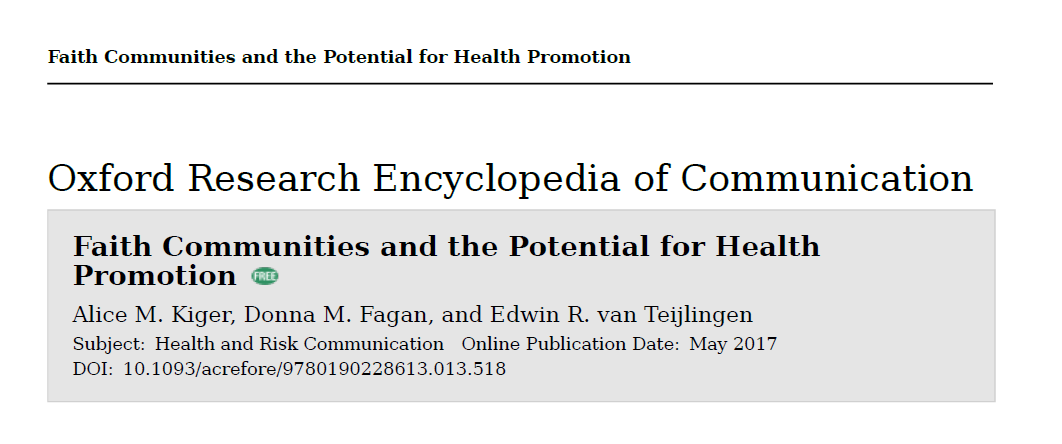

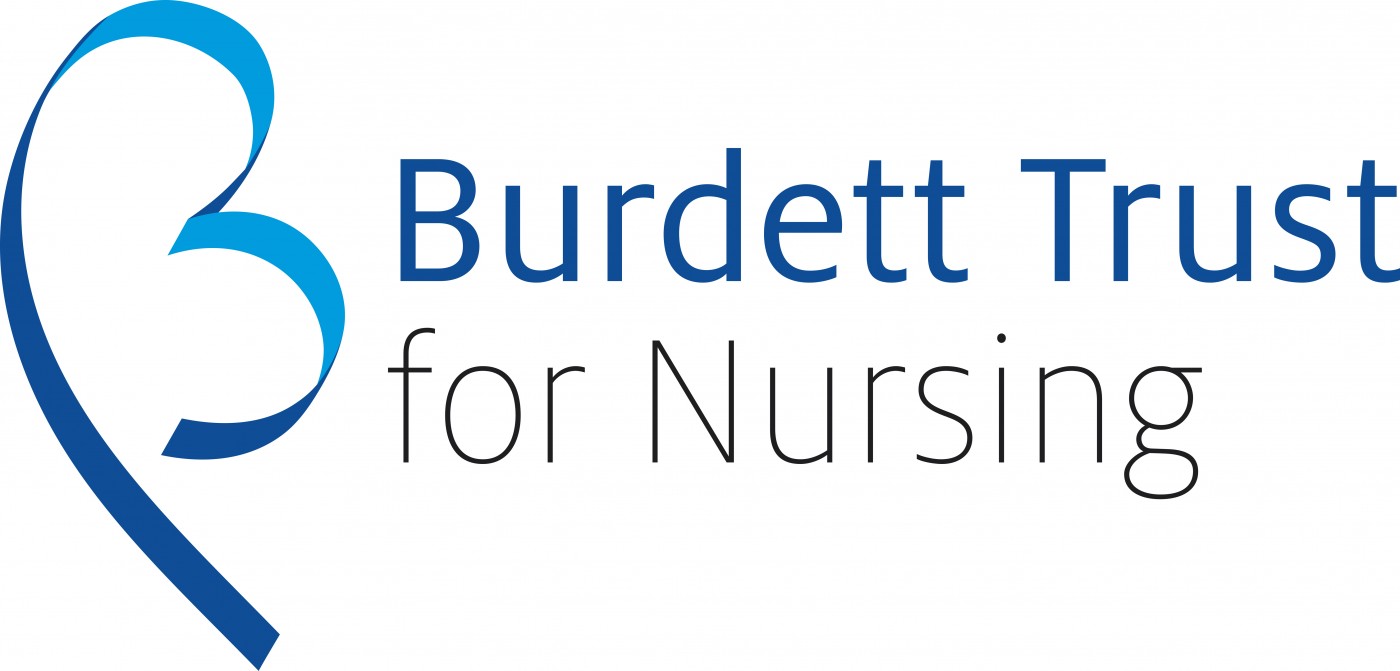


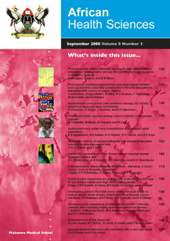


 Who can apply
Who can apply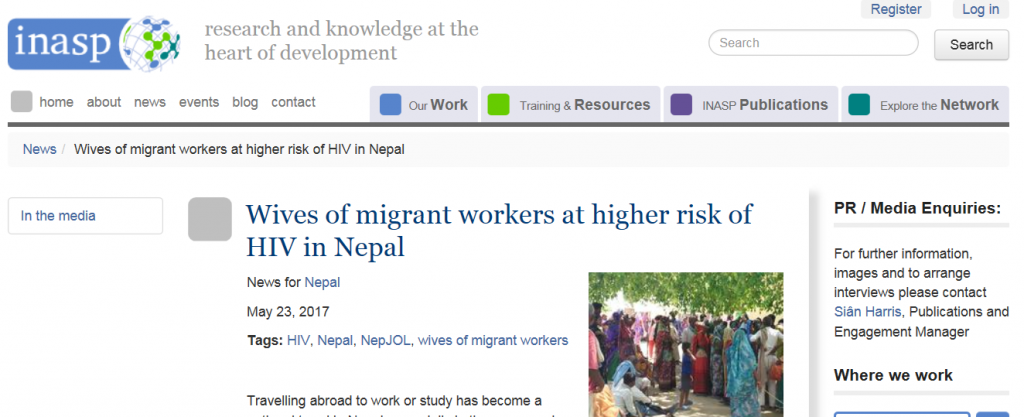
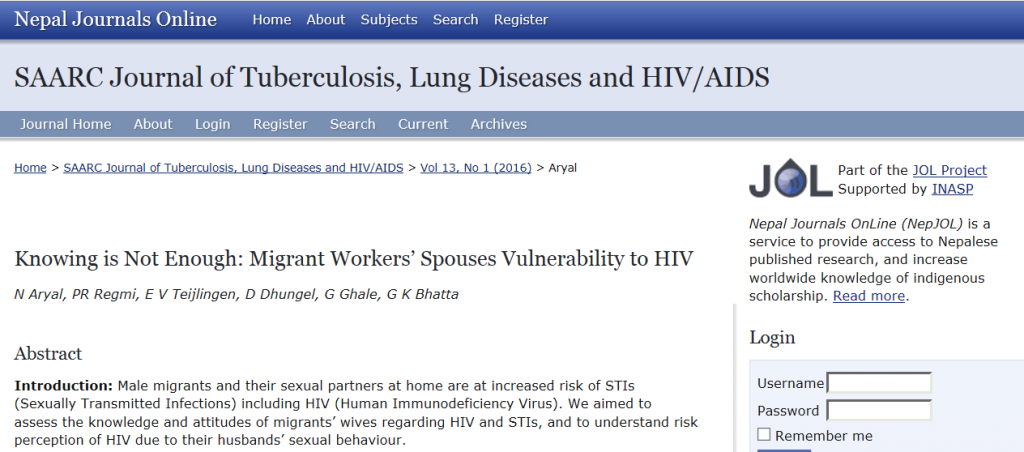

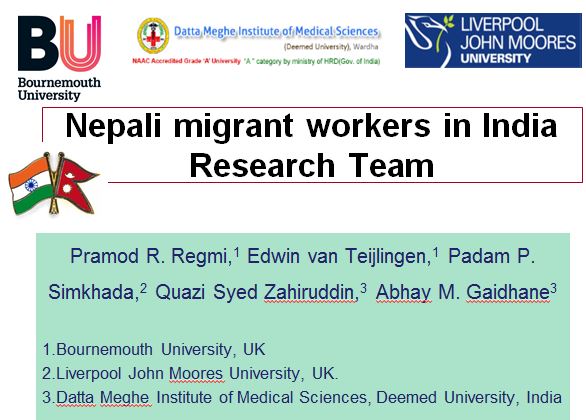
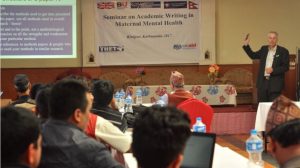
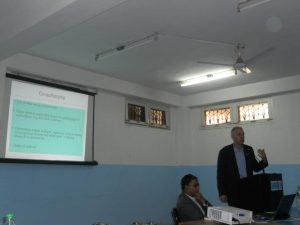
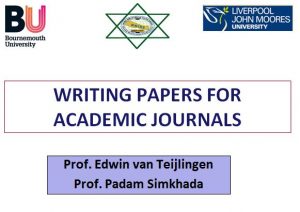




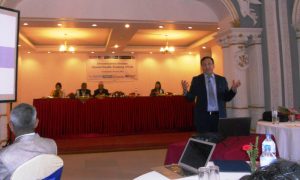
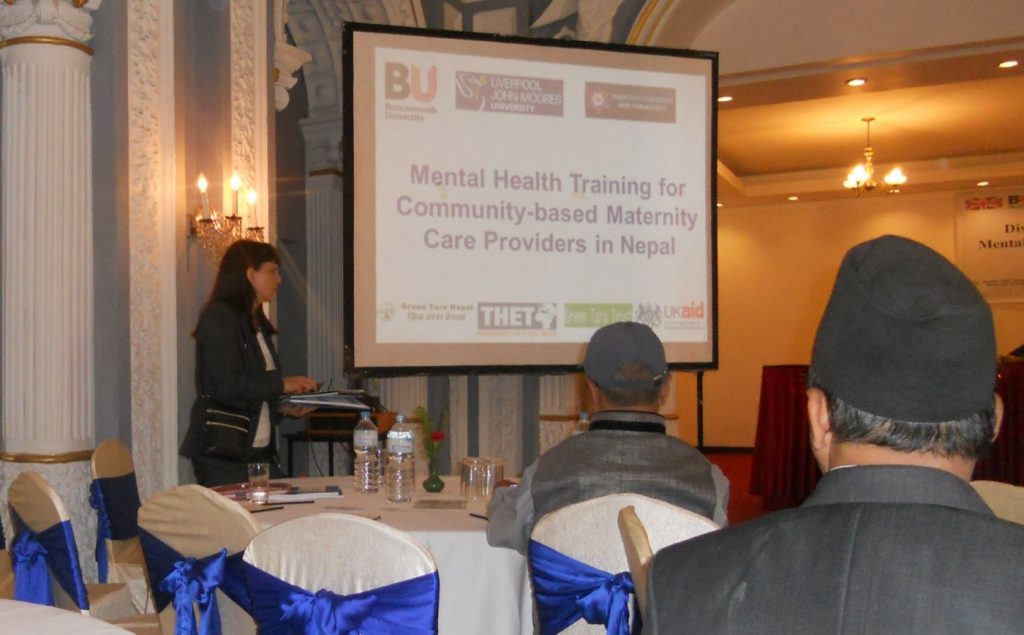
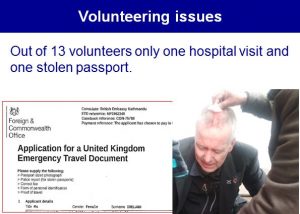
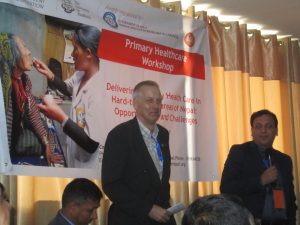

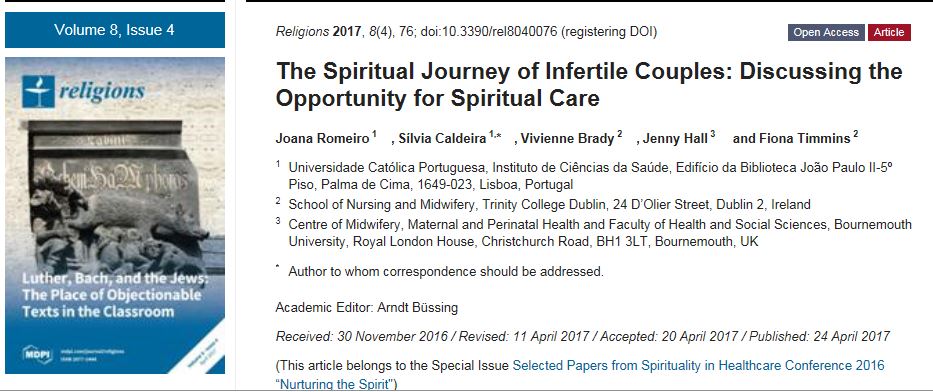













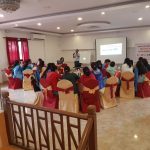 BU academic publishes in online newspaper in Nepal
BU academic publishes in online newspaper in Nepal Final day of the ESRC Festival of Social Science
Final day of the ESRC Festival of Social Science Using Art to enhance Research
Using Art to enhance Research Register now to attend the 17th Annual Postgraduate Research Conference – Wednesday 3 December 2025
Register now to attend the 17th Annual Postgraduate Research Conference – Wednesday 3 December 2025 ECR Funding Open Call: Research Culture & Community Grant – Application Deadline Friday 12 December
ECR Funding Open Call: Research Culture & Community Grant – Application Deadline Friday 12 December MSCA Postdoctoral Fellowships 2025 Call
MSCA Postdoctoral Fellowships 2025 Call ERC Advanced Grant 2025 Webinar
ERC Advanced Grant 2025 Webinar Horizon Europe Work Programme 2025 Published
Horizon Europe Work Programme 2025 Published Horizon Europe 2025 Work Programme pre-Published
Horizon Europe 2025 Work Programme pre-Published Update on UKRO services
Update on UKRO services European research project exploring use of ‘virtual twins’ to better manage metabolic associated fatty liver disease
European research project exploring use of ‘virtual twins’ to better manage metabolic associated fatty liver disease